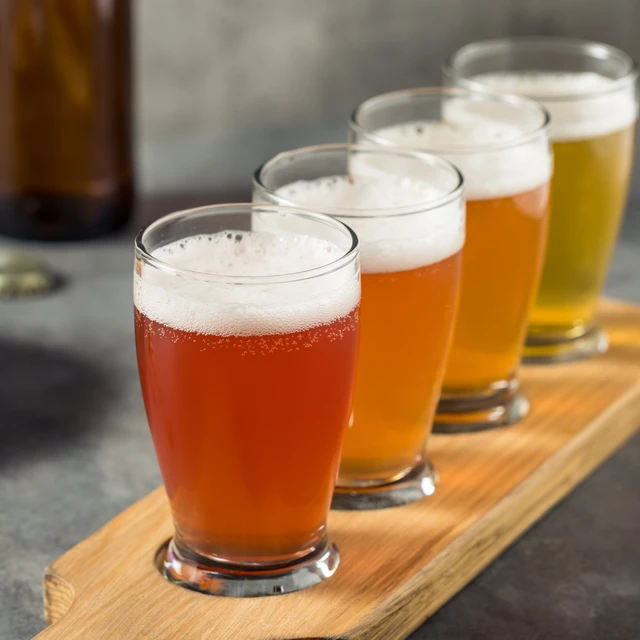
Culture unlocks fast and reliable acidification
Case study: Read how a regional brewery found the right solution to speed up its wort acidification process.
Brewer faced bottleneck due to slow acidification
A regional brewery found their process of microbial acidification for producing kettle sours was too slow. It was tying up the brew-kettle for several days, creating a bottleneck in the brewhouse.
In addition, such a lengthy acidification process can give rise to food safety concerns, which meant the brewery needed to pre-acidify the wort.
Last but not least, the brewery was seeking a clean and crisp flavor profile, without the dairy flavors associated with acidification by certain lactic acid bacteria.
SmartBev™ Harvest LB-1 speeds up wort acidification
The brewery shifted to Novonesis’ SmartBev™ Harvest LB-1 lactic acid bacteria, which sped up wort acidification dramatically. This new solution typically delivered the desired pH within 16 hours. This rapid acidification prevented the germination of bacterial spores, thus ensuring food safety.
The solution eliminated the need for pre-acidification using weak organic acids. And it delivered a clean and crisp flavor profile.
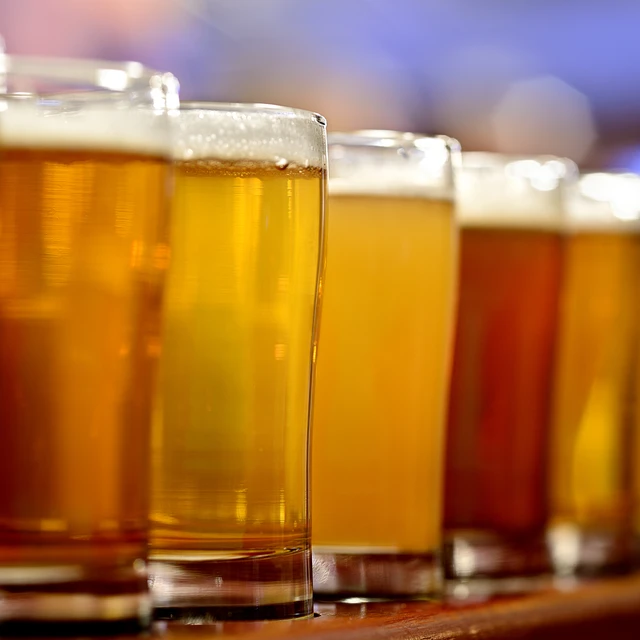
Process stops automatically at pH 3.2
The brewery discovered a useful feature, that Harvest LB-1 self-inhibits at pH 3.2, ensuring that no further acidification occurs. This allowed the brewery to control the final beer's acidity level by managing the wort buffer capacity.
This is because the sour taste is not only influenced by low pH, but also by the presence of lactate anions. Therefore, higher buffer capacity allows for more lactic acid production before reaching pH <3.2, and vice versa.
Sour beer with low or no alcohol
The brewery found it possible to produce sour beers with low or no alcohol by combining this solution with Novonesis’ SmartBev™ NEER yeast solutions for non-alcoholic and alcohol-free brewing.
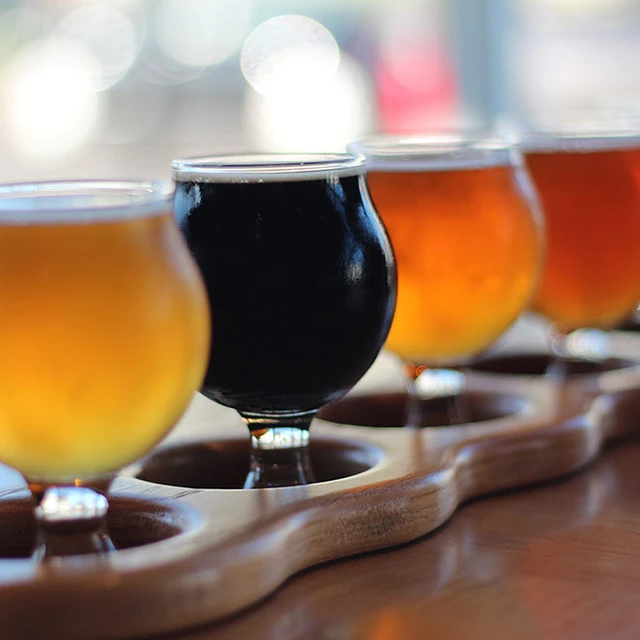
Explore more success stories.
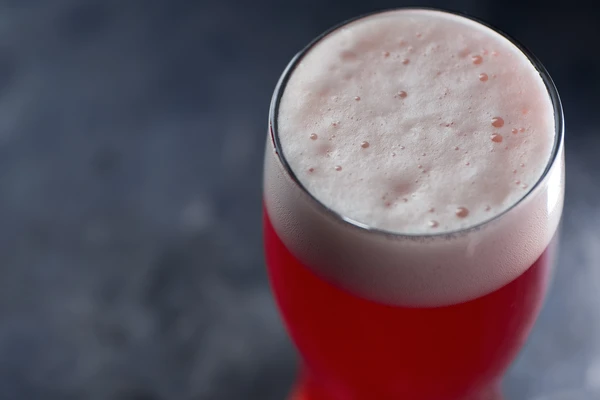
Better production and flavor of sour beer
An international brewer improved their production planning and flavor profile of the final product by using our biosolution specifically designed for brewing acidification.
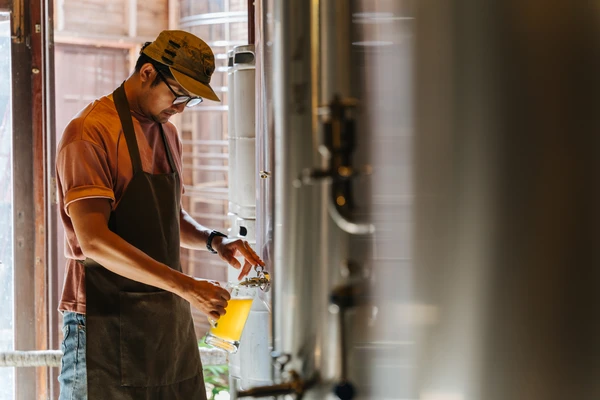
Launch of a non-alcoholic IPA in less than three months
Challenge: Compared to de-alcoholization, this brewery found a more cost-efficient and sustainable way to produce a non-alcoholic IPA.
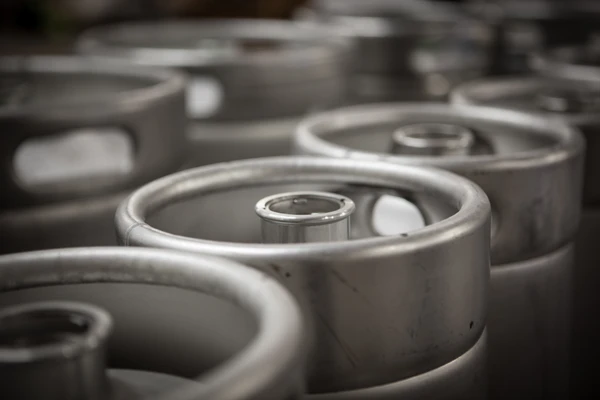
Solving a logistical challenge
Using SmartBev™ frozen liquid yeast (FLY) let this brewer produce beers closer to market, reducing logistical costs and complexity.